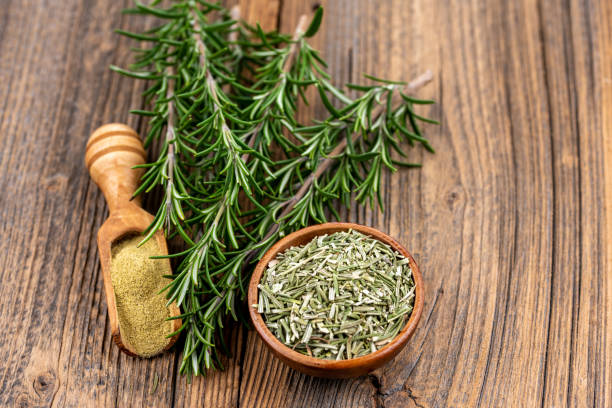Egypt, a land of ancient civilization, is renowned for its rich history, diverse culture, and fertile lands along the Nile River. While Egypt is widely known for its agriculture, particularly in crops like wheat, rice, and cotton, the cultivation of herbs has also been deeply ingrained in its heritage. In recent years, there has been a resurgence of interest in herb cultivation in Egypt due to various factors such as increased demand for natural remedies, culinary exploration, and economic opportunities. This essay explores the significance of herb cultivation in Egypt, its historical roots, current practices, challenges, and potential for growth.

Historical Significance:
The cultivation and use of herbs have been integral to Egyptian culture for millennia. Ancient Egyptians revered herbs for their medicinal properties, using them in embalming practices, religious rituals, and everyday life. Herbs like thyme, mint, and coriander were commonly grown and utilized for their aromatic and healing properties. Hieroglyphic inscriptions and archaeological findings attest to the importance of herbs in ancient Egyptian society, reflecting their deep-rooted connection with the land and the spiritual beliefs of the people.
Current Practices:
In contemporary Egypt, herb cultivation continues to be practiced, albeit with modern techniques and technologies. Small-scale farmers and larger agricultural enterprises cultivate a variety of herbs such as basil, parsley, dill, and cilantro to meet the demands of local markets and export opportunities. The fertile soil along the Nile Delta provides an ideal environment for herb cultivation, with favorable climatic conditions and ample water supply from the Nile River.
Furthermore, urban gardening initiatives and community projects have gained traction in recent years, promoting the cultivation of herbs in backyard gardens, rooftop farms, and communal spaces. These initiatives not only contribute to food security and sustainability but also reconnect urban dwellers with their agricultural heritage and the therapeutic benefits of gardening.

Challenges:
Despite the historical and cultural significance of herb cultivation in Egypt, the sector faces various challenges that hinder its growth and sustainability. One significant challenge is the lack of awareness and education about sustainable farming practices and the value of indigenous herbs. Many farmers rely on conventional farming methods and may overlook the ecological impact of pesticides and chemical fertilizers on soil health and biodiversity.
Additionally, fluctuations in market demand and prices, limited access to financing and technology, and water scarcity pose significant challenges to herb cultivation in Egypt. Climate change exacerbates these challenges, leading to unpredictable weather patterns, water shortages, and the spread of pests and diseases.
Potential for Growth:
Despite these challenges, there is immense potential for the growth and development of herb cultivation in Egypt. The country’s strategic location, favorable climate, and rich agricultural heritage provide a solid foundation for the expansion of herb cultivation. Moreover, increasing global demand for organic and sustainably grown herbs presents lucrative opportunities for Egyptian farmers to tap into international markets.
Investments in research and development, capacity building, and infrastructure are crucial for enhancing productivity, improving quality standards, and promoting innovation in the herb cultivation sector. Collaborative efforts between government agencies, private sector stakeholders, and academic institutions can help address the challenges faced by farmers and create an enabling environment for sustainable agriculture.
Furthermore, promoting eco-tourism and agro-ecological initiatives that highlight Egypt’s diverse flora and culinary traditions can attract domestic and international visitors, generating additional income for rural communities and fostering cultural exchange.
Summary
In conclusion, herb cultivation in Egypt is more than just a traditional practice; it is a reflection of the country’s rich agricultural heritage and cultural identity. By preserving and revitalizing the cultivation of herbs, Egypt can harness its potential for economic development, environmental sustainability, and cultural preservation. Through concerted efforts to overcome challenges and seize opportunities, herb cultivation in Egypt can thrive, enriching the lives of farmers, consumers, and future generations.
This essay provides a framework for further exploration and research into the multifaceted aspects of herb cultivation in Egypt, highlighting its importance as a catalyst for sustainable development and cultural preservation.
